Falk College strives to achieve excellence in education not only through good teaching but also through participation in active research. Our students benefit by learning from researchers who are working at the cutting-edge of knowledge, within well-equipped laboratories, and in projects that are both domestic and abroad. We encourage both undergraduates and graduate engagement to achieve not only a rewarding educational experience but also enhanced career opportunities upon graduation. Learn more about the different types of research awards.

2018-2019 Falk Tenure-Track Assistant Professor Seed Grant AwardIdentification of the Gene-diet Nexus in Depression in U.S. Adults
Depression is the leading cause of disability worldwide, and more than 300 million people of all ages suffer from depression according to the World Health Organization. Epidemiological studies have shown that both dietary and genetic factors play a predominant role in mental health such as depression. The effect of dietary exposures on the risk of depression may vary by genetic predisposition, with potential for interactions between genes and dietary factors.
Learn more about this research.

2018-2019 SU CUSE GrantCause of Death, Longevity, and Career Statistical Characteristics among Former NFL Players: An Empirical Analysis using Categorical and Survival Models
The present research seeks to determine the relationships between on-field attributes/events, longevity, and cause of death among former NFL players. As the present NFL player concussion reporting protocol was not enacted until 2011, present data cannot determine the mortality risk factor presented by the elevated rate of concussion experienced by players during their career. That is, the complete pathway from concussion(s) to chronic traumatic encephalopathy and other neurodegenerative diseases (e.g., Parkinson’s Disease) to mortality risk among former NFL players is empirically indeterminable given present data.
Learn more about this research.
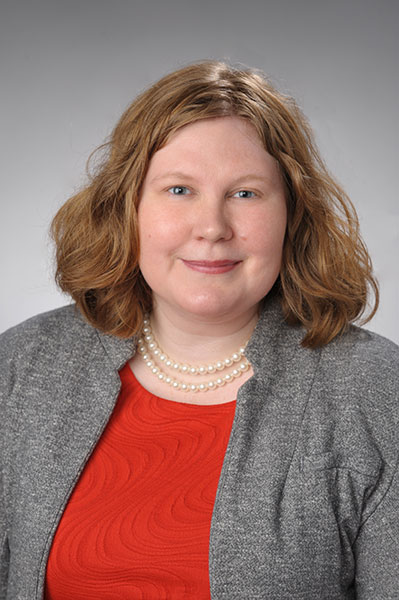
Extramural AwardDo Children Displaying Different Profiles of Cognitive and Behavioral Self-Regulation Respond Differently to Early Education Programs?
This NICHD-funded study examines how profiles of cognitive and behavioral self-regulation influence the effectiveness of Head Start REDI, a preschool intervention program, in order to determine which version of the program works best for different types of students. Dr. Vasilenko’s role in the project includes expertise in person-centered and longitudinal research methods, and she will aid in creating latent profile models of self-regulation. Results can be used to inform intervention programs that are targeted to subgroups of children based on their risk profiles. Researchers have increasingly focused not only on whether a prevention program is effective, but for which types of people the program is most effective for. Then, researchers can examine how well a program works for people in these subgroups.
Learn more about this research.

Extramural AwardVirtual Reality Opportunities to Integrate Social Skills (VROISS)
Justin Ehrlich is the co-principal investigator of a research team-comprised of Ehrlich, researchers from the University of Kansas Center for Research on Learning and educational leaders at the Ohio Center on Autism and Low Incidence Disabilities-that received $2.5 million ($246,745 will come directly to Syracuse University) through a grant from the Office of Special Education and Programs in the United States Department of Education to fund a five-year plan to implement Virtual Reality (VR) application that will teach social skills to students with Autism.
Learn more about this research.
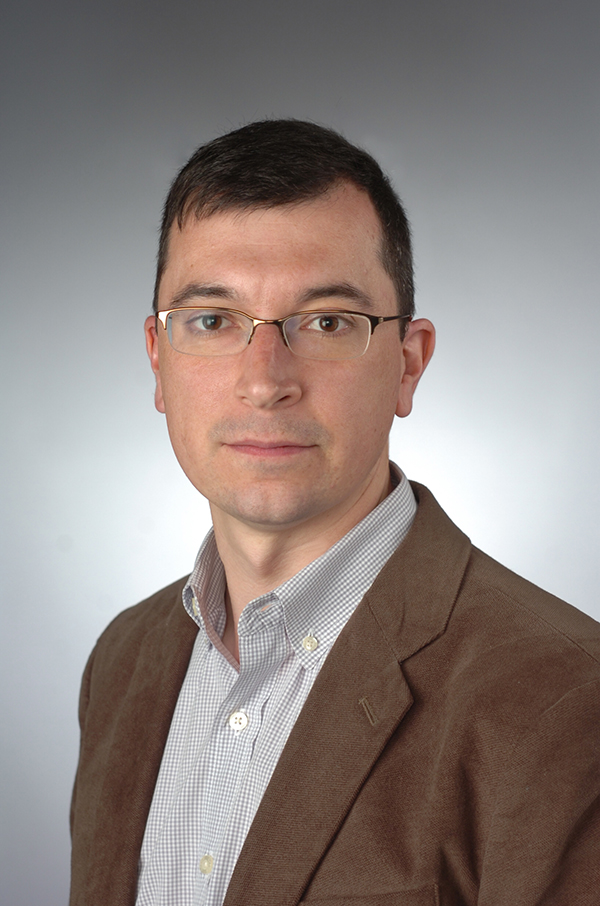
Extramural AwardThe Care Coordination Certificate Program
The Care Coordination Certificate Program targets the professional development of the care coordination workforce of Central New York. It addresses the need for effective training of direct care workers who perform a critical role in New York State’s integrated care initiative. The first component is a 10-week sequence. Curricular areas include Medicaid redesign, strengths-based practice, ethics and boundaries, engagement, and documentation. The second component targets site supervisors. Supervisors will learn to apply a framework that supports building positive relationships with staff.
Learn more about this research.
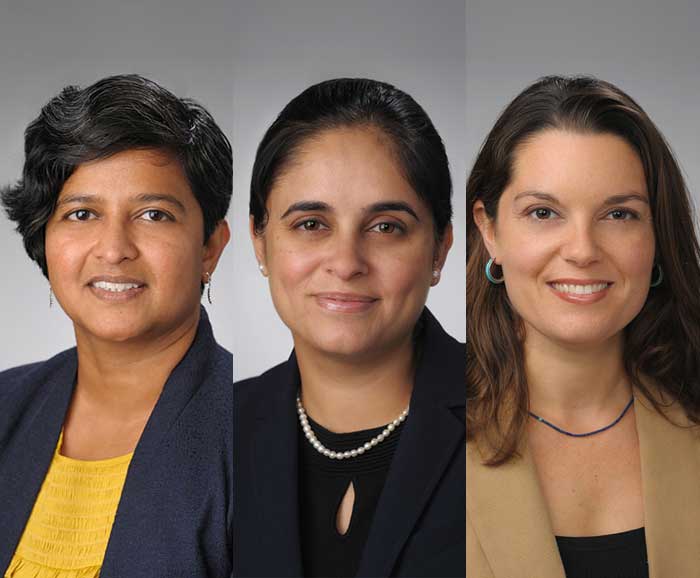
Extramural AwardMental Health, Economic Well-Being, and Experiences of Farming in Resettled Refugees in Syracuse, NY
This project examines relationships between home and community gardening practices, mental health indicators, community building, and socio-economic well-being in resettled refugee populations. Existing literature suggests refugees face a decreased probability of sustaining socio-economic development if nutritional and general health needs are unmet.
Learn more about this research.
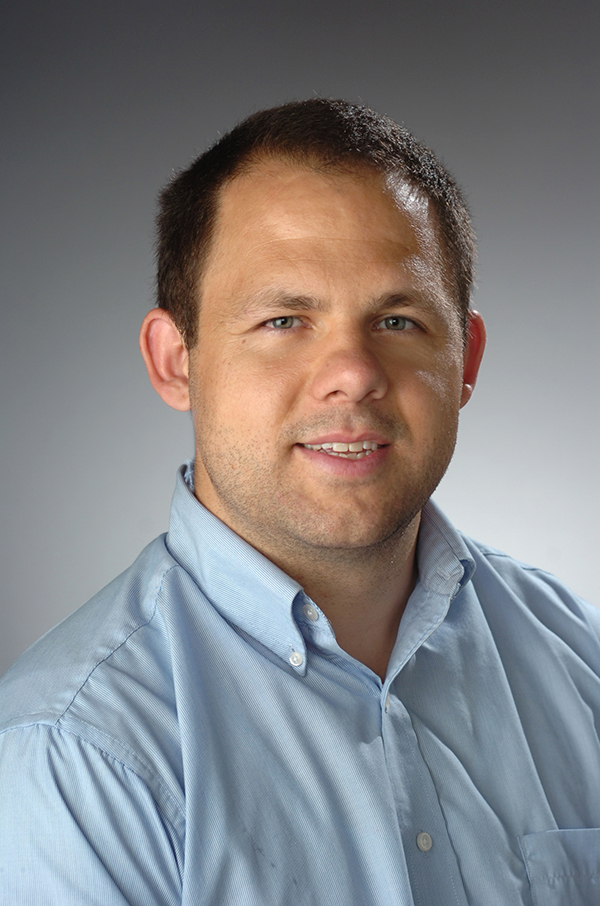
Extramural AwardEducating Girls in the Classroom and Beyond in Northern Nigeria
The projects goals are to delay the age of marriage and enhance girls’ agency and voice in rural communities in northwestern Nigeria by reducing social and economic barriers to female schooling and providing group-based mentoring and support. Dr. Larsen will be providing statistical support and analysis needed to meet the program goals.
Learn more about this research.

Extramural AwardEpidemiology Support for the Kenya HDSS Site
The long-term goal is to achieve sustainable funding for the Kenya HDSS site through external sources. To that end David Larsen will support scientific dissemination efforts of data that has already been collected at the Kenya HDSS site and to which Upstate Medical University has access. David Larsen will provide epidemiological support for numerous projects coming out of the HDSS in Kenya. Along these lines he will analyze data in accordance with established hypotheses and plans that were brainstormed with numerous Upstate scientists. David’s role in these investigations will primarily be to analyze the data, and then draft methods and results. He will bring in students as appropriate.
Learn more about this research.
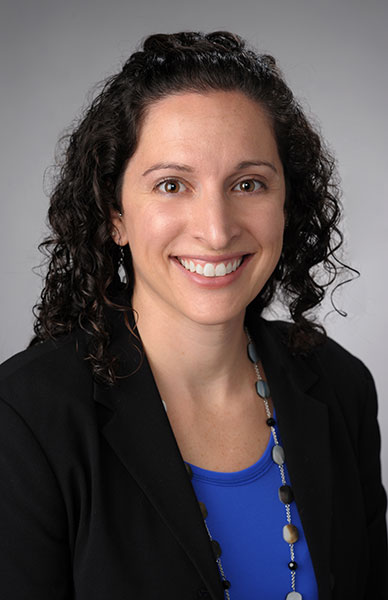
Extramural AwardInflammatory Markers and Diet Quality among Vegetarian Versus Non-Vegetarian Female Collegiate Athletes
At present, it is unclear if the anti-inflammatory effects of a vegetarian diet directly benefit competitive athletes who engage in high-intensity exercise. Therefore, Redmond aims to directly measure levels of pro- and anti-inflammatory biomarkers and assess overall diet quality (using the DII) between vegetarian and non-vegetarian female collegiate athletes. This study was developed in response to observed interest in vegetarian diets among female athletes as well as growing opportunities for dietitians to provide nutrition education to collegiate athletes about overall diet quality. The results of this study can be used to highlight the need for sports nutrition professionals to closely monitor collegiate athletes and provide evidence supporting the potential benefits of a vegetarian diet for female collegiate athletes.
Learn more about this research.

Extramural AwardMultilevel Risk Profiles and Reproductive Health across Adolescence and Young Adulthood
In this United States, rates of sexually transmitted infections and unintended pregnancy are highest among adolescents and young adults, making prevention programs to this group particularly important. Vasilenko propose the use and integration of two innovative analytic methods, the time-varying effect modeling (TVEM) and latent class analysis (LCA). The first aim of this project will elucidate age trends in SRH outcomes (e.g., sexual risk behaviors, STIs) across adolescence through young adulthood at the population level, including differences among demographic subgroups. Vasilenko will also examine how profiles of multilevel early risk and age-varying individual factors predict sexual, reproductive, and SRH outcomes across adolescence through young adulthood. Results will allow prevention scientists to design interventions targeting the most relevant risk factors at particular ages for specific subgroups.
Learn more about this research.

Extramural AwardPublic health professor’s patented mosquito control device supports disease prevention
David Larsen, associate professor at Syracuse University’s Falk College, invented a newly patented technology with colleagues from SUNY Upstate Medical University and Pontifical Catholic University of Ecuador. The technology is a bait station that kills the Aedes aegypti mosquito, that spreads Zika, dengue fever, and other diseases. The mosquito originated in Eastern Africa, but is now found in tropical and subtropical regions throughout the world. U.S. patent number 10,470,084 is co-owned by Syracuse University and two other universities.
Learn more about this research.
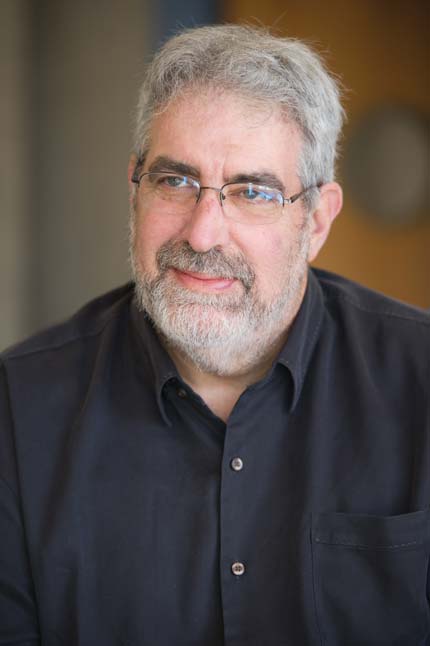
Extramural AwardSpirituality and Prosocial Values in the Absence of Religion Among Millennials and Their Families
Approximately one-third of millennials and post-millennials—young adults born 1981 and later—profess to have no connection to religion, according to the Pew Research Center. Yet evidence points to their strengthened humanitarian values and prominent spirituality. The degree to which religion is decoupled from prosocial goals and spirituality in contemporary young adults is one of many research questions to be addressed in the project.
Learn more about this research.

2018-2019 SU CUSE GrantChina’s Aging Population: Implications for Families and Public Policy
This proposal requests support to convene a workshop devoted to the topic of demographic change in China and its implications for family care and support for older adults. The goal of this workshop is to bring together prominent scholars working at the intersection of China studies, family science, gerontology, public policy, and demography to present research papers about the consequences of social and demographic change in China for meeting the needs of older individuals and their families, as well as the policy responses to those changes.
Learn more about this research.

2018-2019 SU CUSE GrantDried attractive bait stations (DABS) for the Control of Aedes Aegypti
The Aedes aegypti mosquito is responsible for dengue, zika, chikungunya, and yellow fever, which affect more than 100 million people each year and cause economic damages of more than $50 million per annum. There are limited interventions available to control adult Ae. aegypti– prevention is typically managed through larviciding. Larviciding however is often ineffective because Ae. aegypti utilize hidden breeding sites that are missed during larviciding campaigns.
Learn more about this research.
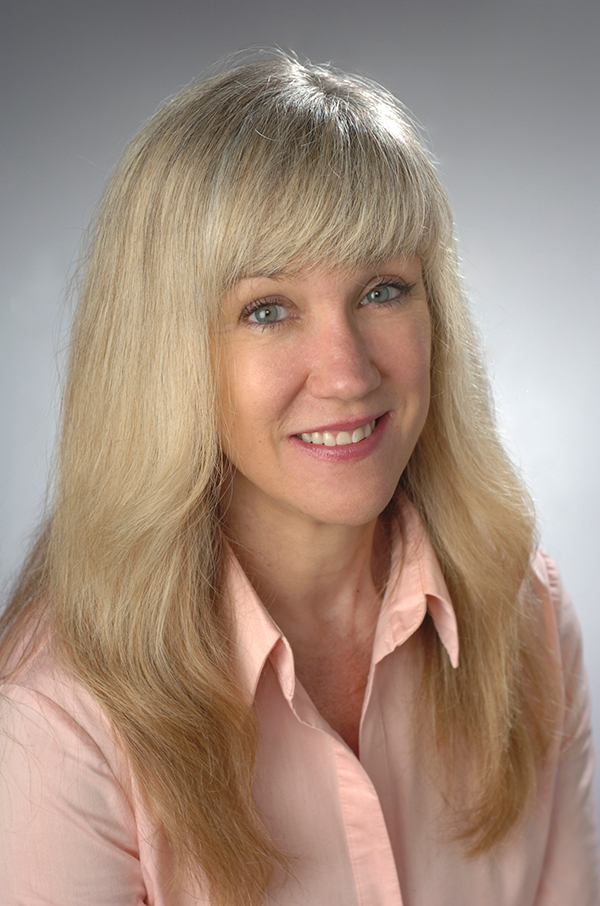
2018-2019 SU CUSE GrantEvaluating the Role of Sustainable Farming Practices in Promoting Food Security While Protecting Endangered Species in the Galapagos Archipelago
The Galapagos ecosystem is a strong draw for international ecotourism. Human activity, however, often leads to profound changes in the relationships and structures of biophysical systems that are detrimental to both human and non-human species. The confluence of changing land use patterns and the introduction of a devastating avian parasite into the Galapagos Islands has set the stage for the decline of several species of Darwin’s finch, a centerpiece of Galapagos tourism.
Learn more about this research.

2018-2019 SU CUSE GrantFurther Evidence for the Negative Consequences of Mosquito Net Fishing
Hundreds of millions of insecticide-treated mosquito nets have been distributed throughout sub-Saharan Africa for the control of malaria. While successful in controlling malaria, these nets also make excellent fishing nets. Our previous research suggests that the practice of mosquito net fishing is ubiquitous and devastating to the fisheries of the floodplain of the upper Zambezi in Western Province, Zambia. We hypothesize that the current paradigm of mass distribution of insecticide-treated mosquito nets threatens economic and food security as well as malaria control.
Learn more about this research.
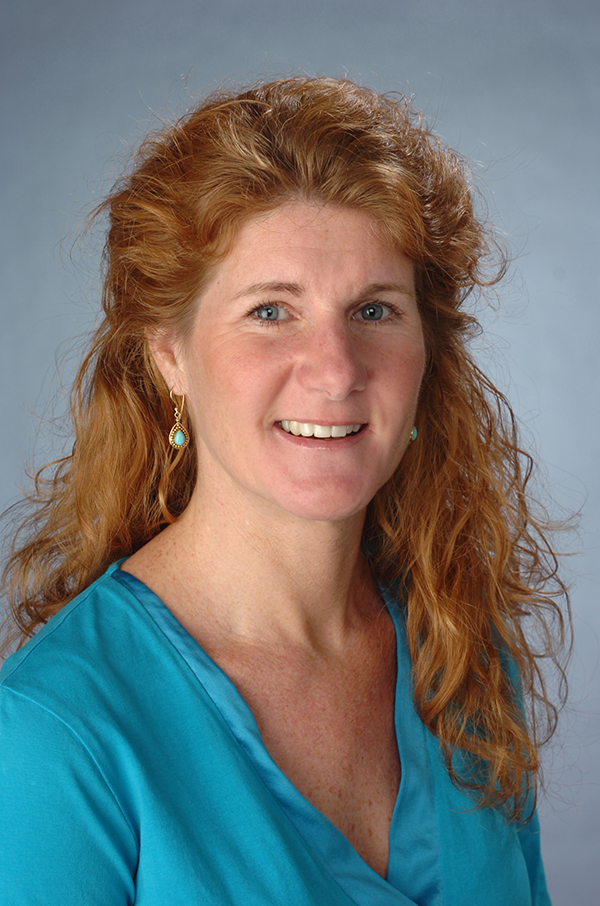
2018-2019 SU CUSE GrantMechanisms of Change Associated with Mindfulness Training for People with Posttraumatic Stress: Triangulating Neural Networks, Biomarkers, Cognition and Behaviors
Clinical research has explored the efficacy of mindfulness-based interventions for a range of physical and mental health outcomes including posttraumatic stress (PTS); however, little is known about the neural and cognitive mechanisms of change resulting from mindfulness-based practices. Objective measures of changes in cognitive and neural networks associated with mindfulness-based practices would be valuable tools for researchers to expand understanding of the specific mechanisms of neural change associated with mindfulness practices, and to provide objective measures of PTS.
Learn more about this research.

2018-2019 SU CUSE GrantRisk and Protective Factors as Determinants of Sexual Health Behaviors of Caribbean Youth: An Ecological Approach
Young adults in the Caribbean who represent over one-fourth of the area’s total population are particularly vulnerable to challenging and disadvantageous macro-environmental factors and experience a multitude of complex health-related problems. There is a worrying and growing trend in the rates of negative health behaviors among Caribbean youth including aggression (e.g., fighting, hitting), homicide, crime and violence (e.g., robbery, felony, drug dealing), substance abuse (alcohol and drug dependency), and engagement in negative sexual behaviors (unsafe sexual practices, early initiation into sexual activity).
Learn more about this research.

Extramural AwardDessa Bergen-Cico Receives Fulbright U.S. Scholar Award to Thailand and Cambodia for Research on Mindfulness for Addiction Recovery
The U.S. Department of State and the J. William Fulbright Foreign Scholarship Board are pleased to announce that Dessa Bergen-Cico, Professor of Public Health at Syracuse University has received a Fulbright U.S. Scholar Program award to Thailand and Cambodia for her public health research Mindfulness in the Mekong. Dr. Bergen-Cico will research the use of Buddhist practices and mindfulness for recovery from addiction and traumatic stress in the Mekong region of Southeast Asia.
Learn more about this research.
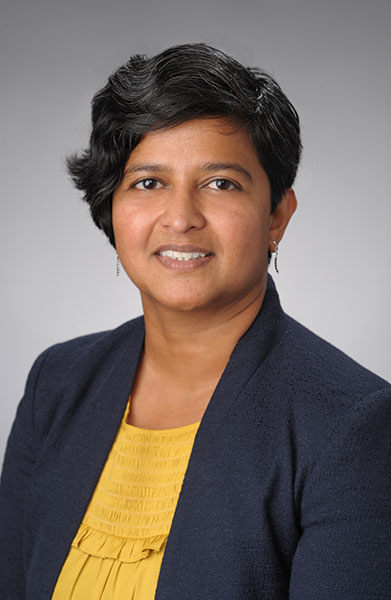
Extramural AwardGangamma leads study, strengthens mental health services in local refugee community
To help create culturally-informed practices of care, as well as fill a crucial gap in services to promote refugee health, Falk College at Syracuse University and The Multicultural Association of Medical Interpreters (MAMI) will collaborate to develop a training module for interpreters and psychotherapists. They will work specifically with resettled refugees in Syracuse, New York.
Learn more about this research.

Extramural AwardEarly Identification of Cognitive Impairment in Older Adults Living at Home
A recently launched pilot project to screen for cognitive decline as part of routine community health services currently offered to older adults is expected to demonstrate the benefits of early detection of Alzheimer’s Disease and other dementias (AD/D). One major benefit is the potential of keeping Syracuse-area adults aged 65 and older healthy and safe in their homes for as long as possible.
Learn more about this research.

Extramural AwardUpstate New York – Unfamiliar Territory: Evaluating the Impact of Health Care Reforms on Behavioral Health Care Providers in Rural Upstate New York
Matthew Spitzmueller, assistant professor in the School of Social Work in Falk College, has been selected to participate in one of the Robert Wood Johnson Foundation’s (RWJF) leadership development programs designed to equip leaders across the country—in every sector and field—to collaborate, break down silos, and use their influence to make communities healthier and more equitable.
Learn more about this research.

Extramural AwardLarsen continues research related to malaria control in Zambia
Assistant professor of public health, David Larsen, is the principal investigator for a trial comparing different spray strategies to control malaria vectors in Zambia, funded by the President’s Malaria Initiative for $75,115. He is also co-investigator for a trial comparing different health system strategies to eliminate the malaria parasite reservoir in humans in Zambia, funded by the Gates Foundation. In addition to these two trials David is working with Dr. Rick Welsh on the problem of mosquito net fishing, how it impacts livelihoods, food systems, and malaria control.
Learn more about this research.
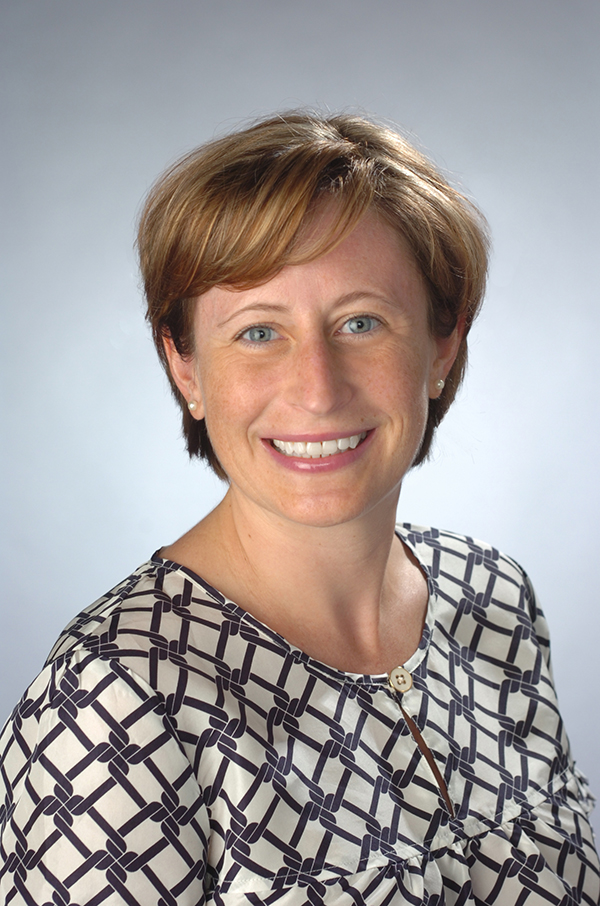
Extramural AwardMcDonald continues research on community living for all people with intellectual disability
Professor of public health, Katherine McDonald, received funding from the Disability and Rehabilitation Research Program, Administration for Community Living/DHHS for the Community 4All Project, a collaborative research project involving Syracuse University and The Self-Advocacy Association of New York State (SANYS). The project total is $495,699 and its aim is to support the right to community living and participation for all people with intellectual disability.
Learn more about this research.

Extramural AwardKenneth Corvo receives grant for research, writing on domestic violence theory, policy
School of Social Work associate professor, Dr. Kenneth Corvo, has received a three-year, $50,000 grant from the Frederick H. Leonhardt (FHL) Foundation. This latest grant from the FHL Foundation follows Dr. Corvo’s decade-long professional collaboration with Frederick Leonhardt, foundation president and a former therapist. The grant award supports Dr. Corvo’s research and writing in the area of theory development in domestic violence and includes the publishing of academic articles on domestic violence theory and policy, the presentation of conference papers, and collaboration with other national and international experts in the field.
Learn more about this research.
